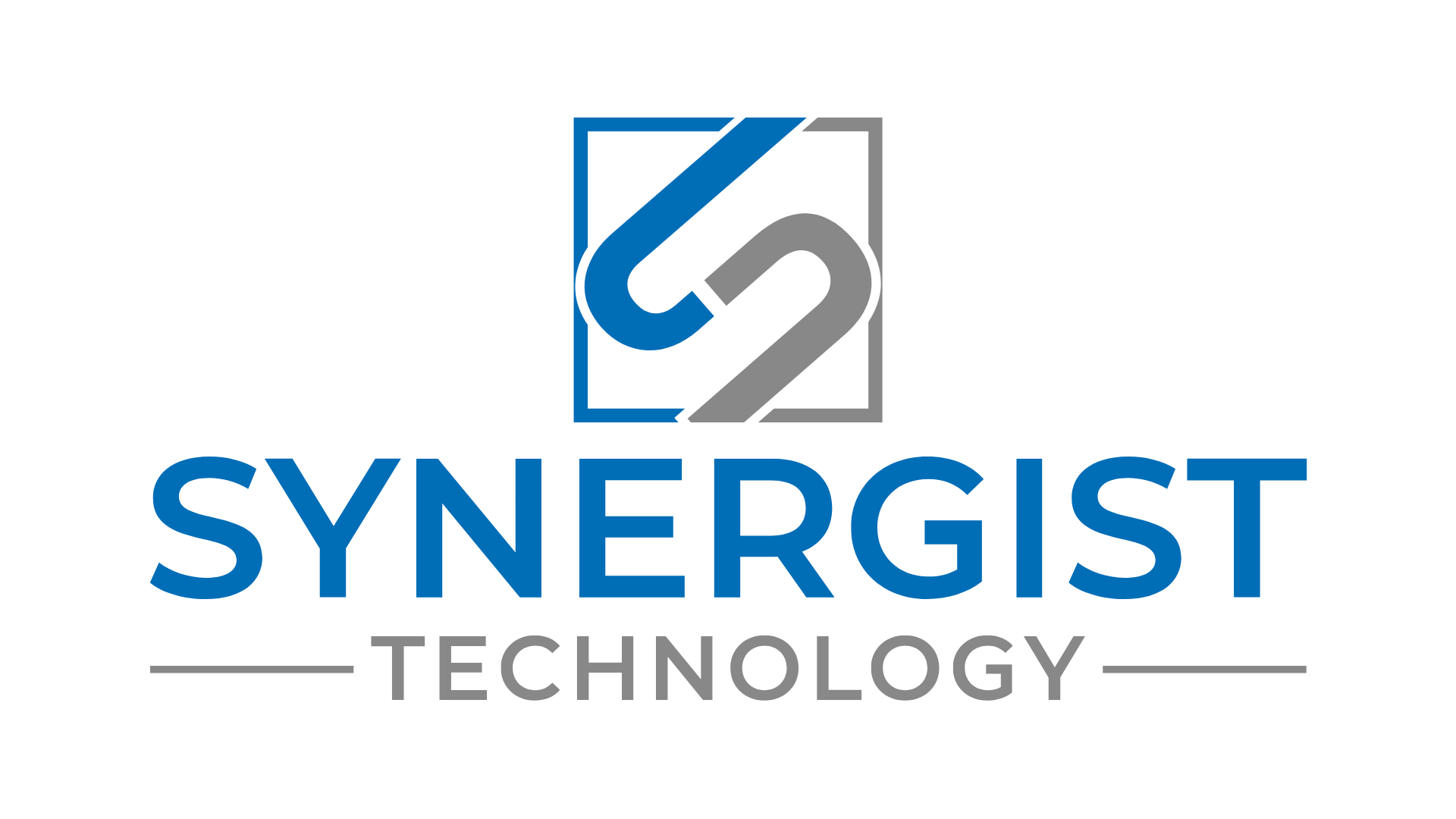AI technologies have revolutionized various industries in recent years, bringing groundbreaking advancements in healthcare, logistics, and more. Yet, alongside these impressive benefits, the rapid growth of AI has sparked significant concerns regarding privacy, security, and ethics. As we stand on the brink of a new era in AI development, lawmakers face the formidable challenge of fostering innovation while safeguarding public interests. The upcoming 2025 legislative agenda seeks to address these challenges head-on, proposing comprehensive standards for transparency, accountability, and fairness in AI systems. By focusing on safety, data privacy, and ethical principles, these new laws aim to create a more trustworthy and responsible AI ecosystem, ensuring that the tremendous potential of AI is harnessed for the greater good.
With over 600 state and over 100 federal laws and amendments proposed, next year will be crucial for AI regulation and compliance. This surge in legislation and rulemaking highlights the growing need for strong governance solutions. The stakes are high for AI developers, AI solution integrators, companies, and government agencies looking to benefit from AI, as well as lawmakers and other rule-setting organizations looking to make the use of AI fair and ethical. Most agree that the need for comprehensive regulations is now more urgent than ever.
AI technologies have brought incredible benefits across various sectors, from healthcare innovations to improved logistics. However, this rapid growth has also raised serious concerns about privacy, security, and ethics. Lawmakers face the challenge of balancing innovation with protecting public interests. The proposed laws aim to set transparency, accountability, and fairness standards in AI systems.
A key focus of the 2025 legislative push is AI safety. The proposed laws include a range of measures to ensure AI systems operate safely and predictably. This includes rigorous testing and validation processes, clear guidelines for AI deployment, and robust monitoring mechanisms to detect and mitigate potential risks. By prioritizing safety, lawmakers hope to build public trust in AI technologies and prevent possible harm. For instance, autonomous vehicles must undergo extensive testing in diverse environments to ensure they can handle various real-world scenarios safely. Similarly, AI in healthcare diagnostics must be thoroughly validated to prevent misdiagnoses and ensure patient safety. By prioritizing safety, lawmakers hope to build public trust in AI technologies and prevent potential harm.
Another crucial aspect of the emerging AI governance framework is data privacy. As AI systems rely more on personal data, protecting this information has become a top priority. Proposed regulations aim to enhance data protection, enforce stricter consent requirements, and impose severe penalties for data breaches. These efforts are intended to respect individuals' privacy rights and ensure that AI systems are designed with privacy. AI-driven marketing platforms must obtain explicit user consent before collecting and analyzing their data, ensuring transparency in how personal information is used. AI systems managing patient records in healthcare must implement advanced encryption methods to safeguard sensitive information against unauthorized access. These efforts are intended to respect individuals' privacy rights and ensure that AI systems are designed with privacy at the forefront.
Ethical considerations play a pivotal role in the AI governance agenda. The proposed laws underscore the importance of developing AI systems that adhere to ethical principles such as non-discrimination and transparency. This involves creating guidelines for ethical AI design, promoting diversity in AI development teams, and establishing accountability mechanisms for ethical violations, highlighting the crucial role of ethics in AI governance and compliance.
2025 is poised to be a transformative year for AI governance and compliance. As these proposed laws and amendments come into effect, they will significantly shape the future of AI development and deployment. By addressing the multifaceted challenges associated with AI, lawmakers are working to create a safer, more ethical, and more transparent AI ecosystem. This comprehensive approach to regulation is set to enhance public trust in AI and ensure the benefits of these technologies are realized responsibly and sustainably, underscoring the potential of these regulations in transforming the AI landscape.
Written by Brad Levine, President of Synergist Technology.


